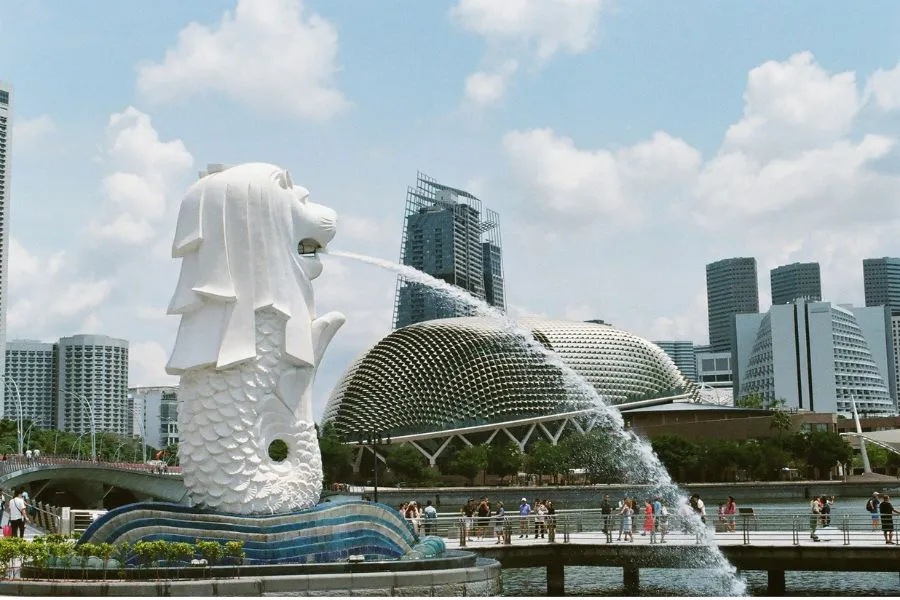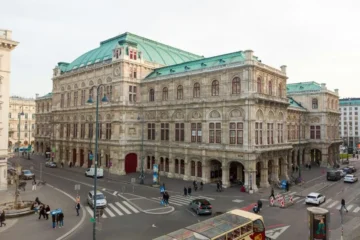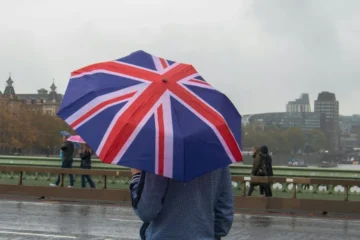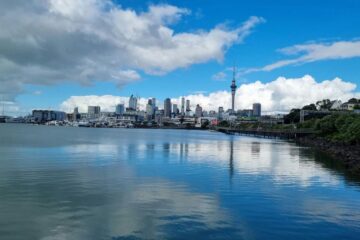Singapore has always been known for its orderly immigration system, but starting 1 December 2025, the Immigration & Checkpoints Authority (ICA) is taking that precision to the next level. A new regulation, dubbed the “180-day rule”, will govern how long permanent residents (PRs) can remain outside Singapore without a valid Re-Entry Permit (REP).
Key Takeaways
Overview of Singapore’s New PR Renewal Rule
In simple terms, any PR who leaves or stays abroad after their REP expires now has a strict 180-day countdown to renew it. Miss that window, and the consequences are serious; your PR status will be revoked automatically, with no option for reinstatement. The rule was introduced to streamline residency monitoring, reduce long-term non-compliance, and ensure that Singapore PRs maintain genuine, ongoing ties to the country.
Take the First Step Toward Securing Your Singapore PR Under New Rules.
We connect you with trusted immigration experts who simplify the entire process — from paperwork to approval.
This change reflects the government’s intent to balance flexibility for global mobility with accountability. After all, holding a Singapore PR is a privilege that comes with responsibilities, and this new rule is the latest effort to reinforce that principle.
Understanding the Re-Entry Permit (REP) and Its Importance
For many PRs, the Re-Entry Permit is that easily overlooked piece of bureaucracy until they realize just how crucial it is. In essence, a REP allows Singapore’s permanent residents to travel in and out of the country while retaining their PR status. Without it, leaving Singapore is risky business because a PR automatically loses their status upon exiting the country without a valid permit.
Also Read: Are You at Risk of Being Denied French Citizenship Under the New Immigration Laws?
Typically, REPs are valid for five years, though renewals can vary based on factors like employment, tax contributions, and family ties to Singapore. The REP isn’t just a travel document; it’s a declaration of your continued commitment to Singapore as your long-term home.
In other words, think of the REP as your bridge between local residency and global mobility. And now, with the new 180-day rule, that bridge has a firm expiration timer attached to it.
What Changes Under the 2025 180-Day Renewal Rule
Under the previous system, PRs could technically remain abroad for extended periods without an REP, as long as they didn’t attempt to re-enter Singapore during that time. The new 180-day regulation eliminates that loophole.
Starting 1 December 2025, once your REP expires and you are overseas, you’ll have exactly 180 days to renew it online or through an authorized representative in Singapore. If you fail to renew within that period, even by a single day, your PR status will be automatically cancelled.

This applies regardless of whether you re-enter Singapore within those six months. Returning home doesn’t “reset” the countdown. The rule is designed to create a fixed accountability timeline, ensuring that PRs maintain an active relationship with Singapore rather than keeping their status indefinitely while living abroad.
Those affected include all PRs residing or traveling outside Singapore when their REP lapses. However, the ICA has clarified that individuals with valid reasons for delay, such as medical emergencies or government assignments, may submit appeals for consideration, though approval is not guaranteed.
How to Renew Your Re-Entry Permit Under the New System
Renewing your REP under this new rule isn’t complicated, but it does require attention to detail and timing. The renewal process can be completed online via the ICA e-Service (MyICA portal).
You’ll need to provide:
- A valid passport copy
- Proof of continued employment or business activity in Singapore
- Evidence of tax contributions (IRAS records may help)
- Documentation showing family ties or property ownership (if applicable)

The ICA typically takes a few working days to process renewals, though complex applications may take longer. PRs abroad can authorize a local representative or employer to handle submission on their behalf.
The golden rule is simple: apply before your REP expires, or at the very least, within the new 180-day grace period. Mark that date in your calendar. Singapore’s immigration system is efficient, but it’s not forgiving of missed deadlines.
Consequences of Missing the 180-Day Renewal Window
This is where things get serious. If you miss the renewal window, your Permanent Residency status will be automatically revoked. You’ll no longer be recognized as a PR, and there’s no reinstatement option.
What does that mean in practice? You’d need to reapply for PR from scratch, competing again under the same eligibility criteria as new applicants. Any previous privileges, such as housing eligibility, employment flexibility, and healthcare benefits, would be lost.
For PRs who happen to be outside Singapore when their status lapses, re-entry becomes nearly impossible without a valid visa. And even if you return before the 180-day mark, failure to file your REP renewal application in time will still trigger cancellation.
In short, missing the deadline isn’t a minor inconvenience; it’s a one-way ticket out of Singapore’s PR system.
Also Read: Will You Be Affected by the UK’s Tough New Visa Rules?
What This Rule Means for Long-Term PRs and Expats
This new 180-day rule has big implications, especially for long-term PRs who spend significant time abroad, such as business professionals, global consultants, or retirees managing overseas affairs.
For these individuals, the key takeaway is to plan travel and renewal timelines proactively. Those who treat Singapore as a “base” but spend much of their year elsewhere may need to demonstrate stronger local ties when renewing. That means maintaining active employment, local investments, or family residency in Singapore.
Expats working in regional roles or on rotational assignments will likely feel the biggest impact. While the rule doesn’t prevent frequent travel, it ensures that PR status reflects genuine, long-term residence, not just convenience.
In the long run, this policy aligns with Singapore’s broader vision of a community of permanent residents who are physically and economically present, contributing consistently to the nation’s growth. For those genuinely committed to staying, compliance will be straightforward. For others, this may be the nudge that pushes them toward full citizenship or re-evaluating their long-term plans.
Final Thoughts
Singapore’s 180-day rule is more than just a bureaucratic update; it’s a signal. The government is refining its immigration framework to ensure that permanent residency remains a meaningful status, rather than a fallback option for those living abroad.
For PRs, the message is clear: stay engaged, stay compliant, and stay connected to Singapore. If you plan and renew your REP on time, nothing changes. But if you treat deadlines lightly, the new policy won’t give you a second chance.
Singapore’s reputation for efficiency has now extended to immigration enforcement, and the 180-day rule is a testament to this.





